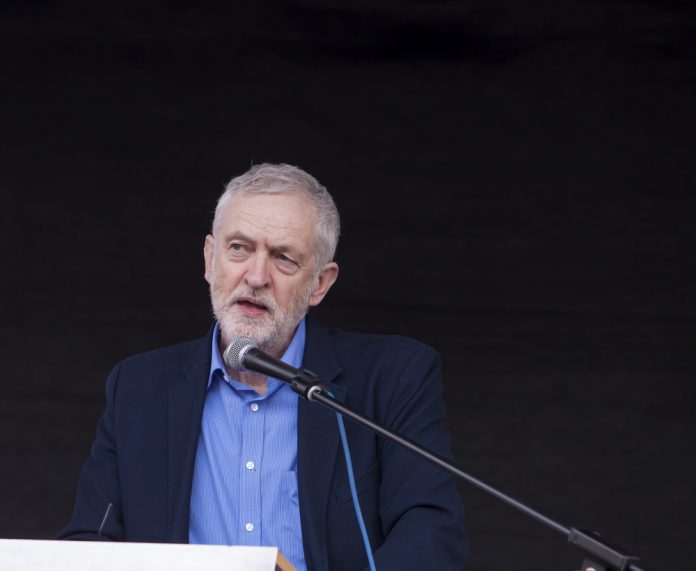Labour leader Jeremy Corbyn sacked three of his frontbench MPs on Thursday night, after they rebelled against the Labour stance in a vote on the single market.
Ruth Cadbury, Catherine West and Andy Slaughter had supported Chuka Umunna’s amendment to the Queen’s Speech, despite Corbyn telling his MPs to abstain from the vote. In total 49 Labour MPs to defied the whip on Thursday, exposing a wide policy divide in the Labour party.
Staying in the single market is not part of Labour policy, with Corbyn’s deputy Tom Watson saying he was disappointed with Mr Umunna for trying to “divide” Labour MPs with the vote.
Mr Watson added: “I just felt that given we’d come out of the general election with such an unexpected result, and there’s a real euphoria, to try and divide Labour MPs a week and a half in was a little disappointing.
Ruth Cadbury, the Labour MP for Brentworth and Isleworth, said she was aware that defying the whip would lead to her dismissal. She said:
“I had no doubt that I had to support the amendment moved by Labour colleagues with cross-party support.
“The amendment ruled out withdrawing from the EU without a deal, sought a parliamentary vote on the final negotiations, and proposed remaining in the customs union and single market.”
Umunna’s amendment was defeated by 322 votes to 101, with a majority 221. He had called for Britain to stay in the single market, in a direct contradiction to official Labour policy. The rebellion from MPs will have come as a blow to Corbyn, who has been aiming to create unity in the wake of the recent election that gave his party a much-needed boost against the Conservatives.
Unison’s general secretary Dave Prentis was very critical of Mr Umunna’s amendment, saying it was “totally inappropriate for Labour MPs to create a split over Europe” and “utterly self-defeating to become bogged down in the worst kind of gesture politics”.

